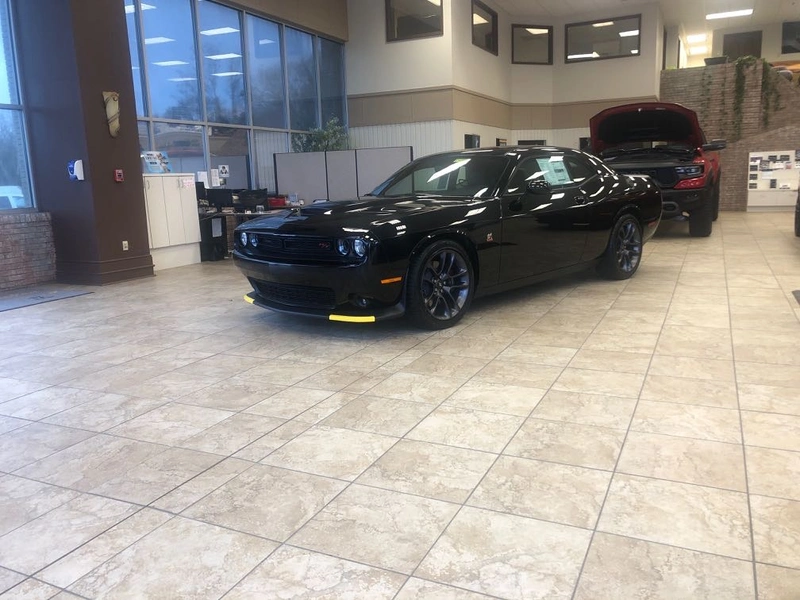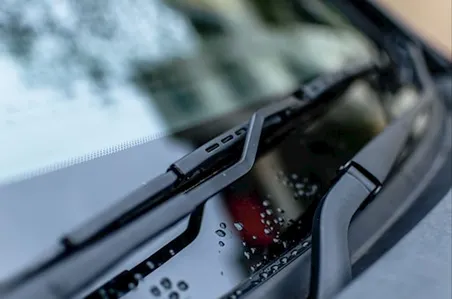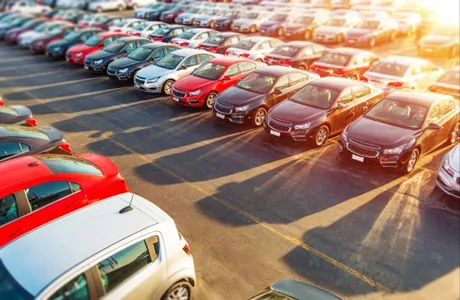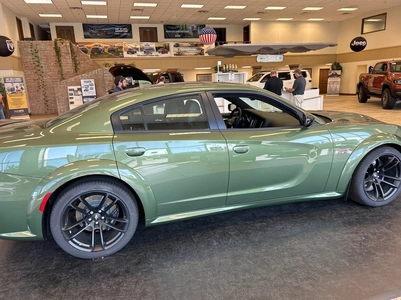Welcome to the exciting world of car ownership! As a car salesperson, I understand that the decision between buying and leasing a vehicle can be as complex as choosing the right car. Both options have their unique advantages and considerations, and the right choice depends on your personal needs, financial situation, and lifestyle. Let's drive into the details to help you make an informed decision.
Understanding the Basics
Buying a Car: When you buy a car, it means you pay for the vehicle and own it outright, either by paying the full price upfront or through financing. Once you’ve paid off the loan, the car is yours. This option is great for those who want full ownership and no restrictions on customization or mileage.
Leasing a Car: Leasing is akin to renting a car for a fixed period, usually 2-4 years. You pay a monthly fee to use the car but must return it at the end of the lease term. Leasing is often preferred by those who enjoy driving a new vehicle every few years and don’t want the hassle of selling an old car.
Pros and Cons
Buying a Car
Pros:
- Long-term Cost-Effectiveness: Initially more expensive, but over time, buying is usually cheaper than leasing.
- No Mileage Restrictions: Drive as much as you want without worrying about excess mileage fees.
- Customization: Feel free to modify or customize your car to your heart's content.
Cons:
- Higher Upfront Costs: Down payments and monthly payments are usually higher than leasing.
- Depreciation: Cars depreciate quickly, and selling your vehicle later might not be as profitable.
- Maintenance Costs: As the car ages, maintenance costs can increase.
Leasing a Car
Pros:
- Lower Monthly Payments: Leasing often requires a smaller down payment and lower monthly payments.
- Latest Models: Enjoy the latest features and technologies by upgrading to a new car every few years.
- Warranty Coverage: Most leases include comprehensive warranty coverage throughout the lease term.
Cons:
- Mileage Limits: Most leases have mileage restrictions, and you’ll incur fees if you exceed them.
- No Ownership: At the end of the lease, you have no equity in the car.
- Wear and Tear Charges: You could face fees for damages or excessive wear when you return the car.
Financial Considerations
Budgeting: When buying, consider the long-term financial commitment. Leasing can be more manageable in the short term but doesn’t contribute towards ownership.
Credit Impact: Both buying and leasing can impact your credit score. Consistent, on-time payments can improve your credit, while late payments will negatively affect it.
Insurance Costs: Insurance premiums might be higher for leased cars as they often require more comprehensive coverage.
Lifestyle Factors
Consider how long you typically keep a car, how much you drive, and how important owning the car is to you. If you love the latest models and drive a standard number of miles, leasing could be more beneficial. If you prefer long-term investment and customization, buying might be the way to go.
Conclusion
There’s no one-size-fits-all answer to whether buying or leasing a car is better. It depends on your personal preferences, financial situation, and lifestyle needs. As a car salesperson, my advice is to weigh the pros and cons, consider your financial and lifestyle factors, and choose the option that aligns with your long-term goals and needs.
Happy driving, and remember, whether you buy or lease, the journey is just as important as the destination!
Jim Hinshaw
(901) 828-3978
Homer Skelton CDJR











